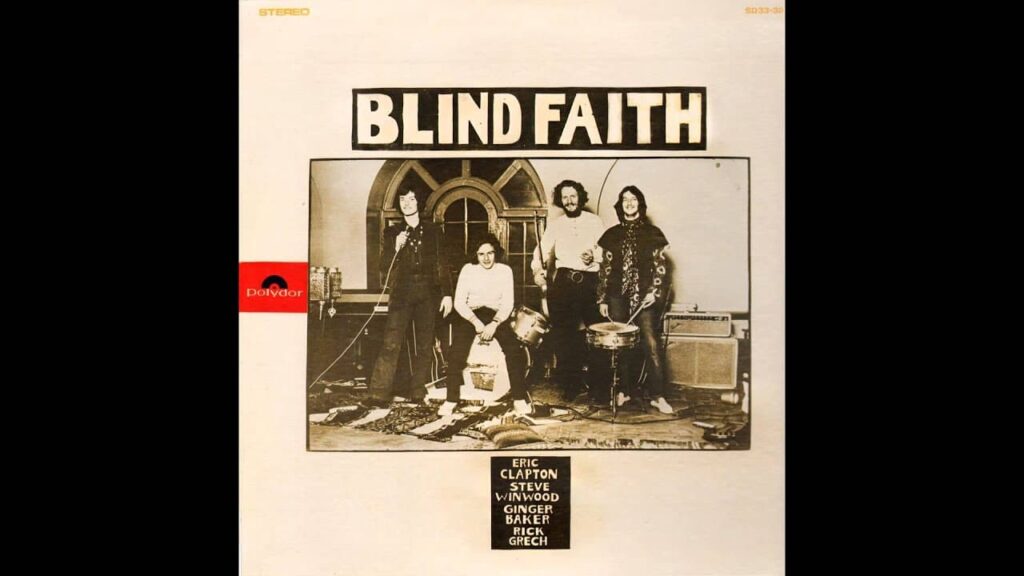
A Gentle Lament for Lost Direction: When a Supergroup’s Ballad Echoed the Universal Search for Belonging.
“Can’t Find My Way Home,” a song that, despite its brief chart life, became an enduring and deeply resonant ballad, showcasing a more introspective side of the short-lived but influential supergroup Blind Faith, speaks to the fundamental human experience of feeling adrift and the yearning for a sense of place and purpose. Released in 1969 on their self-titled and only album, “Blind Faith,” the single reached number 65 on the Billboard Hot 100. However, its impact far outweighs its chart performance, becoming a beloved classic for its haunting melody, Clapton’s tender vocal delivery, and its relatable theme of searching for one’s way in the world. It’s a song that grapples with the vulnerability of feeling lost, the quiet desperation for guidance, and the universal desire to find our way back to a sense of belonging.
Imagine a quiet evening, the last rays of sunlight casting long shadows, a feeling of gentle melancholy hanging in the air. Eric Clapton’s voice, stripped of the bluesy bravado he often displayed, carries a tender vulnerability as he sings of being lost and longing for direction. The simple, yet elegant arrangement, featuring Steve Winwood’s subtle organ work and the understated rhythm section, creates a spacious atmosphere that underscores the feeling of being adrift. Written by Winwood, “Can’t Find My Way Home,” nestled within the blues-rock framework of the “Blind Faith” album, offered a moment of quiet introspection, a departure from the more guitar-driven tracks. The haunting melody, Clapton’s heartfelt delivery, and the universally relatable lyrics created a sense of timelessness, a feeling that this gentle lament for lost direction would resonate with listeners across generations.
The story behind “Can’t Find My Way Home” reflects the somewhat tumultuous and short-lived nature of Blind Faith. Formed with immense anticipation following the dissolution of Cream and Traffic, the band, comprised of Clapton, Winwood, Baker, and Ric Grech, only produced one album. Yet, within that single collection, “Can’t Find My Way Home” stood out for its understated beauty and its emotional depth. It showcased a different facet of Clapton’s artistry, revealing a vulnerability that contrasted with his guitar hero persona. The song’s enduring popularity suggests that it tapped into a deeper emotional current, resonating with the universal feeling of searching for one’s place in the world.
For those of us who have navigated the uncertainties of life, the times when we’ve felt lost and unsure of our path, “Can’t Find My Way Home” evokes a sense of quiet empathy. It speaks to the fundamental human desire for belonging, for a sense of direction in a world that can often feel overwhelming. Clapton’s tender vocal and the song’s gentle melody offer a moment of shared vulnerability, a comforting acknowledgment that feeling lost is a part of the human experience. It is a song that reminds us that even in moments of uncertainty, the yearning for connection and the hope of finding our way back to a sense of peace endure. It remains a poignant and beautiful reflection on the universal search for home, wherever that may be.